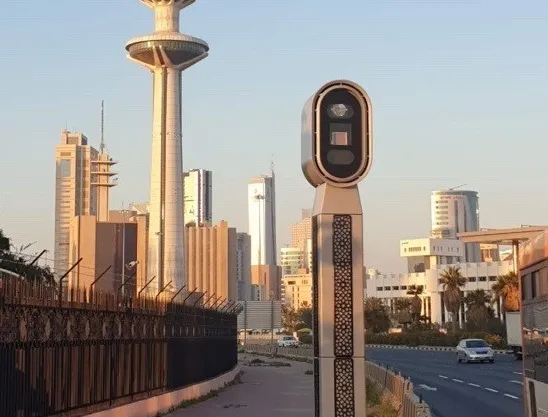Sensys Traffic has received orders worth US$13 million from the Swedish Transport Administration as part of its three-year contract with the authority. The orders are for equipment to be used in the Swedish automatic traffic control (ATC) system, indicating that the Swedish Transport Administration intends to expand the system.
The orders include monitoring systems, roadside cabinets and spare parts for speed enforcement. Almost two-thirds of the order is for replacement of existing ATC systems, while
February 6, 2014
Read time: 2 mins
The orders include monitoring systems, roadside cabinets and spare parts for speed enforcement. Almost two-thirds of the order is for replacement of existing ATC systems, while the remainder relates to new equipment. Installation, start-up and maintenance are not included in the amount of this order, but will be added during the year.
Deliveries are expected to start in the second quarter of 2014 and continue into the fourth quarter. As of the second quarter, Sensys will also perform all preventive and corrective maintenance of both existing and new ATC systems during the second quarter.
"I am looking forward very much to seeing the effects of the new technology coming out to the roads and improving traffic safety in Sweden. The value of the order and the structure also indicate that the overall value of the contract for Sensys during the first three years will significantly exceed the minimum contractual amount of US$16.5 million," says Johan Frilund, CEO of Sensys Traffic.









